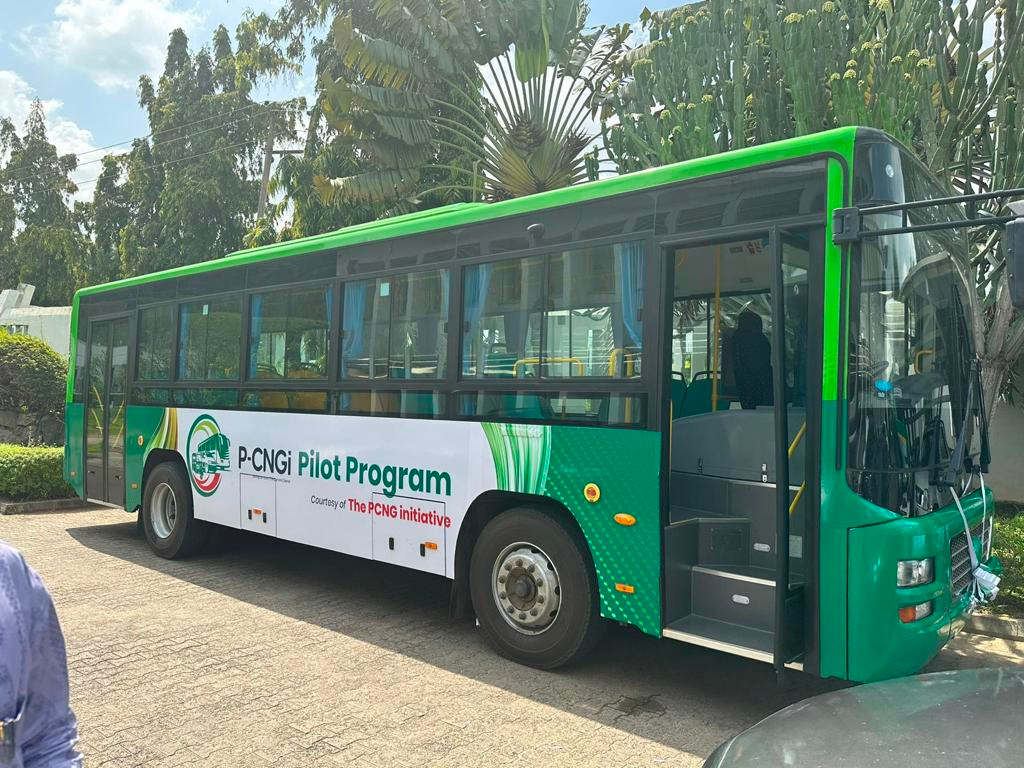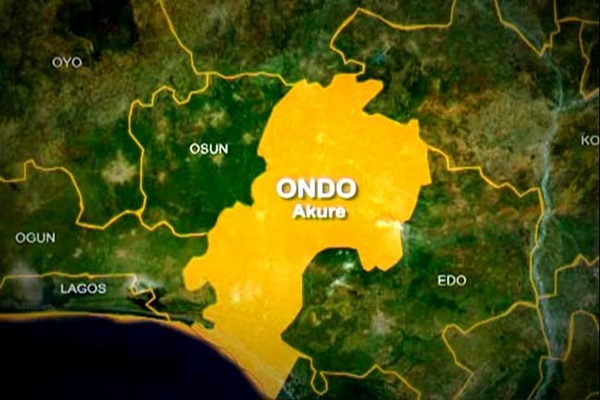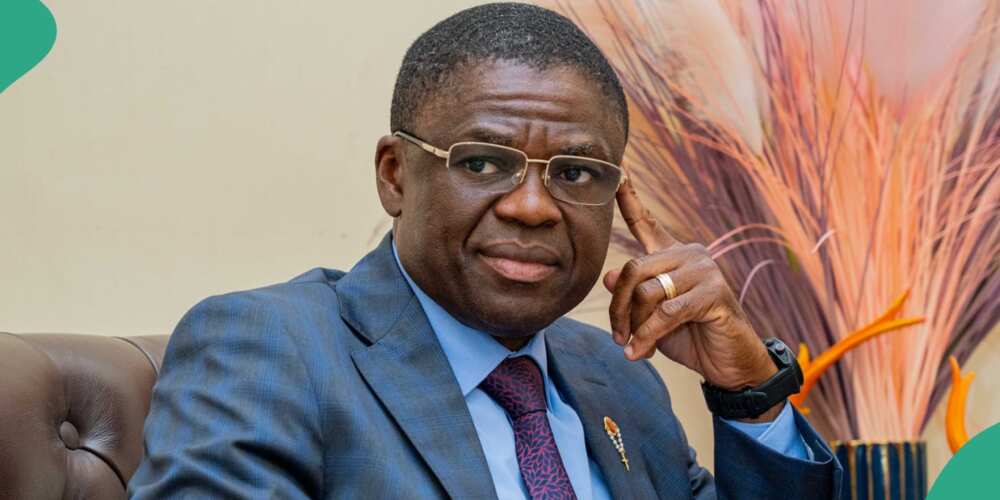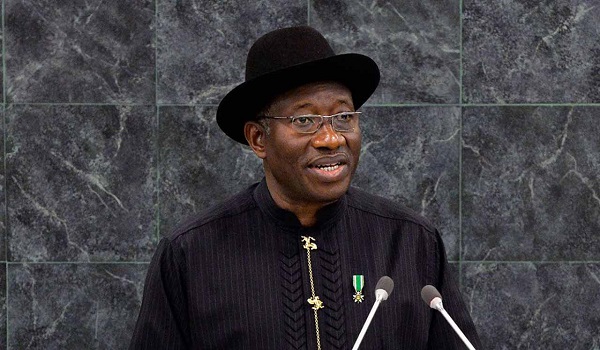The deployment of Compressed Natural Gas (CNG) vehicles has commenced nationwide, with the initial deployment set to include 530 buses across six pioneering states by the end of the month. These states are Oyo, Lagos, Kwara, Kogi, Kaduna, Nasarawa, and the Federal Capital Territory (FCT) Abuja.
Programme Director of the Presidential Compressed Natural Gas Initiative (PCNGI), Michael Oluwagbemi, announced this yesterday during an event marking the commencement of activities ahead of the rollout. He emphasized that the distribution would be demand-led, with efforts focused on accelerating the conversion of diesel and petrol-fueled engines across the country.
President Tinubu has directed the PCNGI to ensure the conversion of at least 10 percent of the total number of vehicles in the country in the first year of the initiative's rollout. The programme began with the Presidential (virtual) commissioning of critical gas supply projects in the Southwest, followed by an inspection of the Jets and Mikano Factory along with representatives of the Ministry of Labour and workers' unions.
Stakeholders' engagement is planned for the Southsouth and Southeast in Port Harcourt, where affiliate conversion and refuelling at the Femadec Site, as well as an inspection tour of the Total Energies support station, are scheduled. Additionally, a six-day inspection tour of the Kojo Factory at the Enugu-Onitsha Site will commence on May 24 to receive the first set of assembled tricycles, buses, cylinders, and kits ahead of the official launch.
The Luojia Assembly Plant for CNG tricycles on the Lagos-Ibadan Expressway is set to be inaugurated on May 30. Oluwagbemi highlighted that these programmes are part of President Tinubu's commitment to drive Nigeria's energy transition in the transportation sector, leveraging CNG to enable economic growth.
The government has also directed all filling stations in Nigeria to install gas pump points to encourage CNG penetration, making it illegal to operate a filling station without a gas filling point. This move aims to boost accessibility to CNG by end users and is part of efforts to develop the capacity of local technicians and engineers in the entire CNG value chain.
Minister of State for Labour and Employment, Mrs Nkeiruka Onyejeocha, urged Nigerians to support the initiative, noting that President Tinubu's commitment to the transition from fossil fuel-dependent vehicles to CNG will create jobs and ensure sustainable and inclusive energy.
Bayo Onanuga, Special Adviser to the President on Information and Strategy, expressed optimism about Nigeria's energy transition, highlighting the abundance of CNG in Nigeria and its potential to bring down inflation caused by the cost of food. Oyo State Commissioner for Works, Prof. Daud Sangodoyin, confirmed that the state had recently deployed CNG buses as part of the pilot phase, which will soon cover all parts of the state.
Executive Director of the Centre for Mobility and Access Development, Dr Kayode Opeifa, stated that CNG would be a catalyst for the economy, breaking the monopoly enjoyed by fossil fuel.




